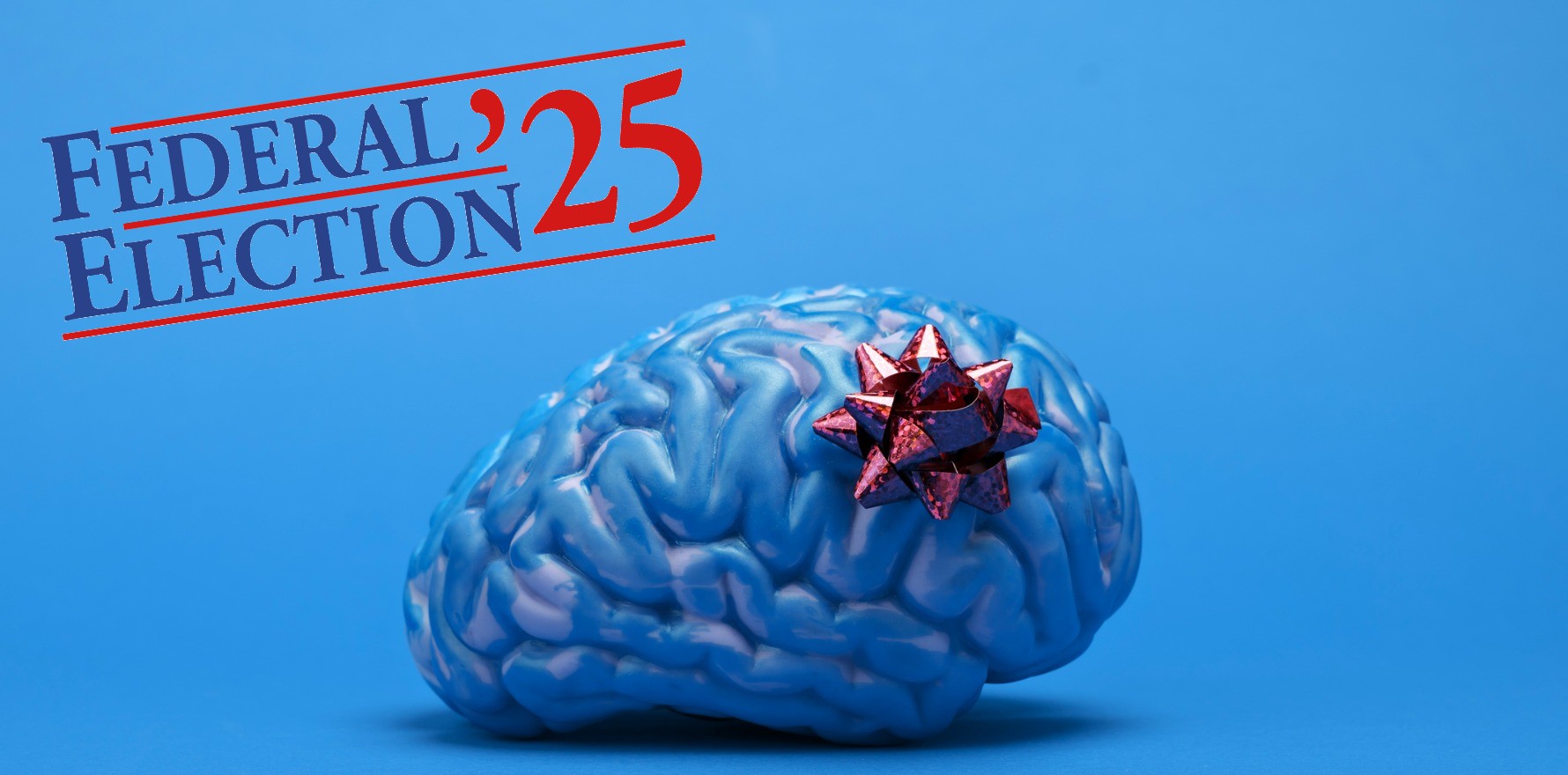The Coalition may have pledged to double the number of sessions under Better Access, but health minister Mark Butler has made it clear that Labor will not follow suit.
Despite what the Australian Psychological Society has called a “critical” workforce shortage, it wants to see the number of subsidised psychologist appointments quadrupled to 40 per person in some instances.
Australia is less than a month out from a federal election, and one of the only health policy differences between the two major parties is that the Coalition has pledged $500 million to up the number of Better Access appointments to 20 per person; Labor has outright refused to match this.
Federal health minister Mark Butler has called the policy “lazy” and warned that it will only serve to create a bottleneck.
“The problem is you can’t double the number of sessions without doubling the number of psychologists, because if you do, it’s pretty obvious what is going to happen,” he told media last week.
“And it’s exactly what happened last time the Coalition did this … a whole lot of people go without any care whatsoever.”
- See the latest Election 2025 news all on one page, here
As a pandemic measure in 2020 the Coalition government temporarily increased the number of Better Access appointments available on a Mental Health Care Plan to 20 per person per year instead of 10.
A 2022 evaluation of the covid-era policy found that the bulk of the additional 10 appointments went to existing patients, and the number of new patients in the system declined by 7%.
The people who did take up the available additional appointments tended to have higher socioeconomic status and live in a major city.
“Those who already had more care, got more care,” prominent University of Sydney mental health researcher Professor Ian Hickie told The Medical Republic.
“Those who had no care got less and fewer people got into the system.
“Given the constraints that we have on the current system, the fairest and most equitable way of getting as many people the care they required was to stick to the 10 sessions.”
Related
According to Professor Hickie’s research, mental health care has become increasingly concentrated in wealthier parts of the country, out-of-pocket costs have gone up substantially and the mean number of sessions accessed by each patient has remained at around four.
“The individual psychologist is not concerned with the number of people they see,” Professor Hickie said.
“They’re concerned with … the quality of care, which I think is a genuine concern, but it also matters naught to them whether one person has 40 sessions or 10 people have four sessions.
“I’d suggest that … [on a population level] it really does matter.
“Ten people getting four sessions each is much more preferable than one person getting 40 sessions or one person getting 20 sessions instead of five people getting four sessions.”
The Australian Psychological Society acknowledged that the current psychology workforce only meets about 35% of the national demand for mental health services, but said that this was a key reason for increased investment in Better Access.
“The APS has … called for psychologists to be able to provide up to 40 sessions per year to a person for complex or severe cases,” CEO Dr Zena Burgess told TMR.
“We also firmly believe the number of sessions required for each client should be decided by the treating psychologist, not the government.
“We have observed a concerning year-on-year decrease in the population-adjusted rate of Australians accessing Medicare psychology services … imposing an arbitrary limit on services, contrary to the research evidence, is not improving access as Minister Butler has claimed.”
Dr Burgess also pointed out that, technically, the 2022 Better Access review which identified a decrease in new patients following the 20-session increase ultimately recommended that the policy remain in place.
“Minister Butler’s comments [from last week] … fly in the face of the independent report into Better Access services which the government itself commissioned,” she said.
The APS is also advocating for the rebates under Better Access to increase, and for psychologists to receive the same bulk billing incentive that has been promised for general practice.
The Australian Clinical Psychology Association, meanwhile, told TMR that it was in favour of increasing the number of sessions for Better Access patients in certain conditions.
“The evidence from the Better Access evaluation showing that a lot of psychologists were not using the full 20 sessions [means that] really, it needs to be tailored to individual presentations,” ACPA president Professor Caroline Hunt said.
One option that the ACPA would like to see investigated is GPs working with psychologists to estimate the number of subsidised sessions that a particular patient may need.
“It’s a more complicated way of saying, ‘yes, we need more sessions’,” Professor Hunt said.
“But we also want to be a little bit nuanced about it, and say not everybody is going to need up to 40 sessions.”
The federal election will be held on Saturday 3 May 2025.





